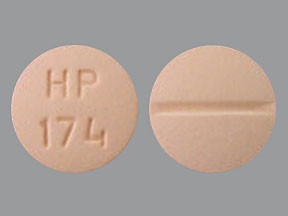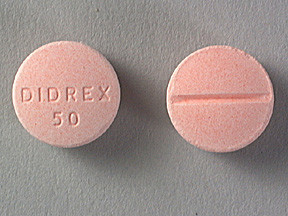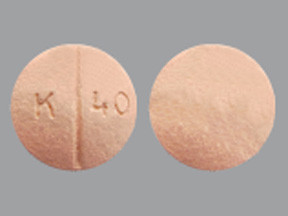BENZPHETAMINE - ORAL
PHONETIC PRONUNCIATION: (benz-FET-a-meen)
COMMON BRAND NAME(S): Didrex
GENERIC NAME(S): benzphetamine HCl
Uses
USES: Benzphetamine is used short-term along with a doctor-approved, reduced-calorie diet, exercise, and behavior change program to help you lose weight. It is used in people who are significantly overweight (obese) and have not been able to lose enough weight with diet and exercise alone. Losing weight and keeping it off can reduce the many health risks that come with obesity, including heart disease, diabetes, high blood pressure, and a shorter life. It is not known how this medication helps people to lose weight. It may work by decreasing your appetite, increasing the amount of energy used by your body, or by affecting certain parts of the brain. This medication is an appetite suppressant and belongs to a class of drugs called sympathomimetic amines.
How to use BENZPHETAMINE - ORAL
HOW TO USE: Take this medication by mouth, usually 1-3 times a day as directed by your doctor. Taking this medication late in the day may cause trouble sleeping (insomnia). The dosage is based on your medical condition and response to therapy. Your doctor will adjust the dose to find the best dose for you. Use this medication regularly and exactly as prescribed in order to get the most benefit from it. To help you remember, take it at the same time(s) each day. Benzphetamine is usually taken for only a few weeks at a time. It should not be taken with other appetite suppressants (see also Drug Interactions section). The possibility of serious side effects increases with longer use of this medication and use of this drug along with certain other diet drugs. This medication may cause withdrawal reactions, especially if it has been used regularly for a long time or in high doses. In such cases, withdrawal symptoms (such as depression, severe tiredness) may occur if you suddenly stop using this medication. To prevent withdrawal reactions, your doctor may reduce your dose gradually. Consult your doctor or pharmacist for more details, and report any withdrawal reactions right away. Though it helps many people, this medication may sometimes cause addiction. This risk may be higher if you have a substance use disorder (such as overuse of or addiction to drugs/alcohol). Do not increase your dose, take it more often, or use it for a longer time than prescribed. Properly stop the medication when so directed. This medication may stop working well after you have been taking it for a while. Talk with your doctor if this medication stops working well. Do not increase the dose unless directed by your doctor. Your doctor may direct you to stop taking this medication.
Side Effects
Precautions
Interactions
Overdose
Images

- color
- peach
- shape
- round
- imprint
- HP 174

- color
- peach
- shape
- round
- imprint
- HP 174

- color
- pink
- shape
- round
- imprint
- logo and 81

- color
- pink
- shape
- round
- imprint
- logo and 81
Reviews
Faq for BENZPHETAMINE - ORAL
Benzphetamine is a medication that belongs to the class of drugs known as central nervous system stimulants. It is used to treat attention deficit hyperactivity disorder (ADHD).
Benzphetamine works by increasing the levels of certain chemicals in the brain, such as dopamine and norepinephrine. These chemicals help improve focus, attention, and control impulses in individuals with ADHD.
The common side effects of Benzphetamine may include increased heart rate, elevated blood pressure, restlessness, insomnia, loss of appetite, weight loss, dizziness, headache, and stomach upset.
It is important to follow the prescribed dosage and not exceed it. Benzphetamine may be habit-forming, so it is essential to use it under the supervision of a healthcare professional. Inform your doctor if you have a history of heart problems, high blood pressure, or any other medical conditions.
No, Benzphetamine is not approved for weight loss. While it may cause a decrease in appetite and lead to weight loss, it is primarily prescribed for the treatment of ADHD.
It is generally not recommended to consume alcohol while taking Benzphetamine. Alcohol can increase the risk of side effects and may also impair its effectiveness.
It is important to consult with a healthcare professional before taking Benzphetamine during pregnancy or breastfeeding. The medication can pass into breast milk and may have potential risks for the baby.
Yes, Benzphetamine can be addictive if misused or taken in higher doses than prescribed. It is important to follow the prescribed dosage and not share the medication with others.
The half-life of Benzphetamine is around 10-20 hours, which means it takes around 2-4 days for it to be completely eliminated from the body.
Disclaimer
IMPORTANT: HOW TO USE THIS INFORMATION: This is a summary and does NOT have all possible information about this product. This information does not assure that this product is safe, effective, or appropriate for you. This information is not individual medical advice and does not substitute for the advice of your health care professional. Always ask your health care professional for complete information about this product and your specific health needs.


No Reviews Yet